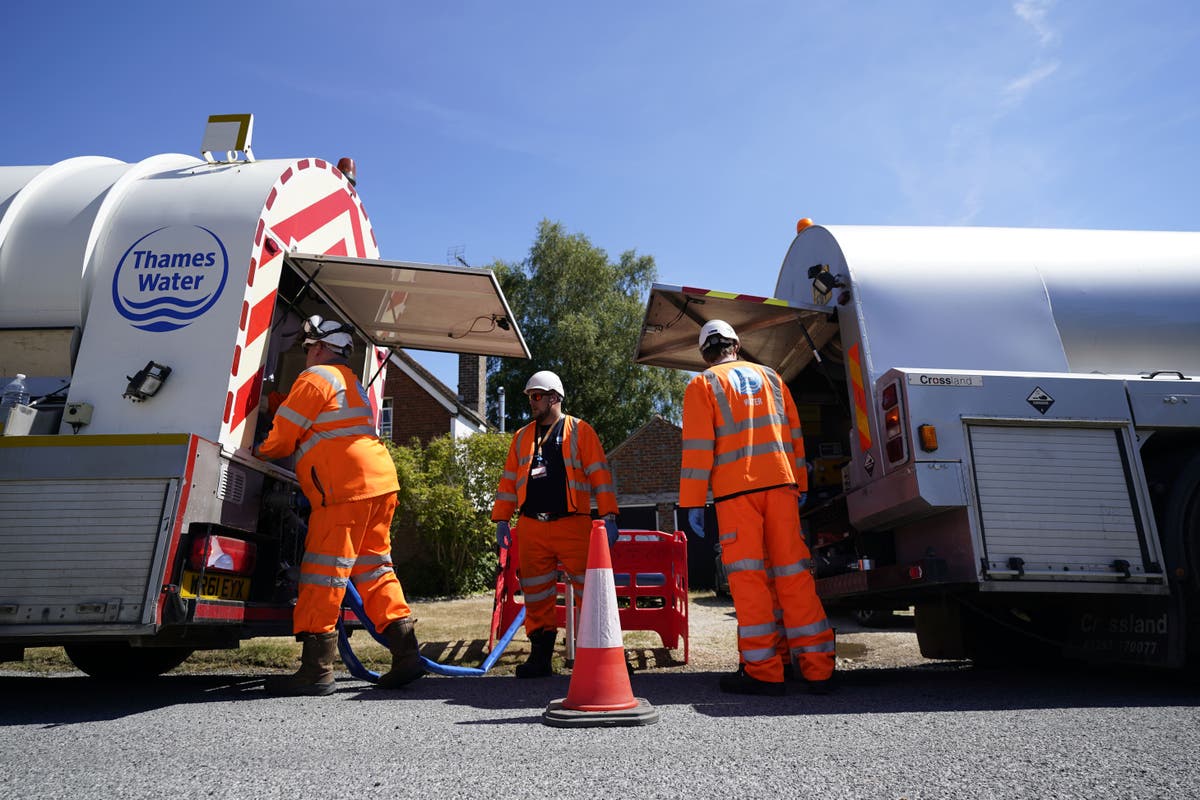

The corollary of that line of thought though is that by preventing tech companies from dabbling in microprocessors you reduce competition in the microprocessor space- a sector which has proven very prone to the formation of monopolies/duopolies. If anything, we want to encourage more new competitors in that space, not fewer.
Also, it’d be essentially arbitrary. Is it OK for Apple to design its own microprocessors, but not Amazon- and if so, why? Is Google allowed if it uses them in phones like Apple, but not if it uses them in data centres like Amazon?













There’s nothing truly like a Framework, because they’re a whole unique category of one. But if you just want something that is user serviceable there are other options.
I’m a big fan of my Star Labs laptop. It came with complete disassembly and reassembly instructions, and pretty much every part is available to buy individually as a replacement. It’s not magically “plug and go” like a Framework, but if you’re comfortable with a screwdriver you should have no trouble.
They’re a Linux specialist small independent producer, too. And being based in the UK, imports to Switzerland should be more straightforward than imports from the States.